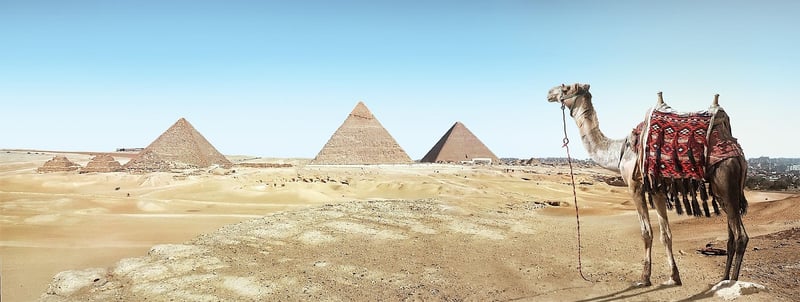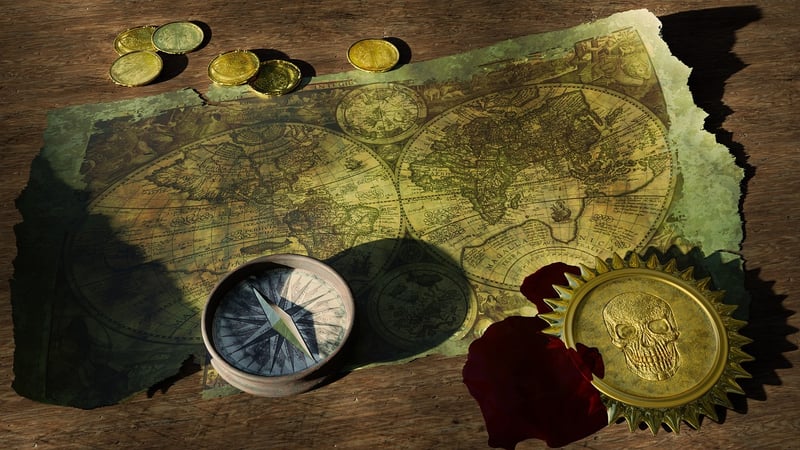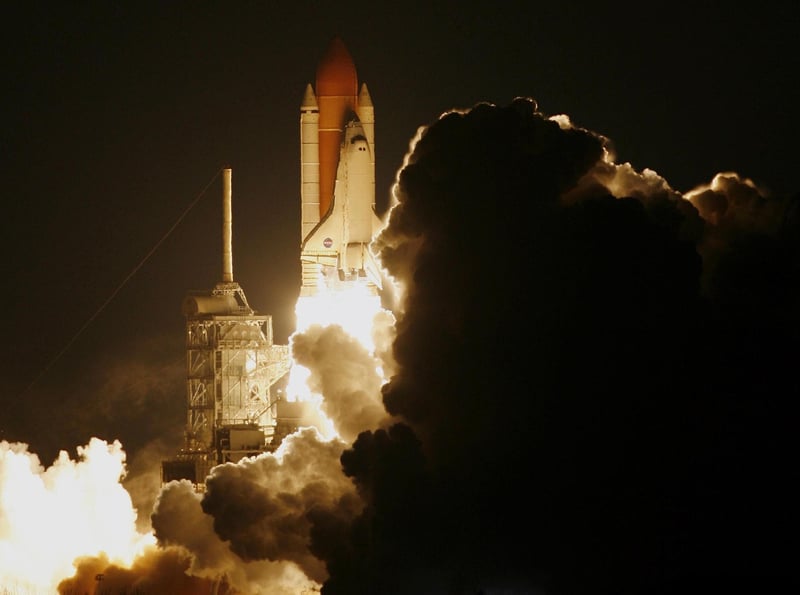Future Exploration
Exploring Different Eras and Future Exploration
Introduction
Throughout history, humans have had a deep-seated curiosity that has driven us to explore different eras and push the boundaries of what is possible. From ancient civilizations to modern space exploration, the desire to discover, innovate, and understand our world and beyond has been a constant driving force. Let's delve into the fascinating journey of exploration through different eras and look ahead to the future of exploration.
Ancient Exploration
Ancient civilizations such as the Egyptians, Greeks, and Romans were pioneers of exploration in their respective eras. They embarked on voyages by land and sea, expanding their territories, trading goods, and exchanging knowledge with distant lands. These early explorers laid the foundation for future generations to build upon.

Age of Discovery
The Age of Discovery in the 15th to 17th centuries saw European explorers like Christopher Columbus, Vasco da Gama, and Ferdinand Magellan set sail to discover new lands, establish trade routes, and connect the world in ways never before imagined. Their expeditions reshaped maps, cultures, and societies, leaving a lasting impact on global history.

Space Exploration
In the 20th century, humanity reached for the stars with the advent of space exploration. Milestones such as the Moon landing, space stations, and robotic missions to other planets have expanded our understanding of the universe and our place within it. Organizations like NASA and SpaceX continue to push the boundaries of space exploration.

Future of Exploration
As we look to the future, exploration continues to evolve with advancements in technology and a growing interest in outer space, deep-sea exploration, and sustainable living on other planets. Concepts like Mars colonization, asteroid mining, and space tourism are no longer science fiction but tangible goals for the future.
Key Takeaways:
- Exploration has been a driving force throughout history.
- Ancient civilizations and the Age of Discovery paved the way for modern exploration.
- Space exploration has opened up new frontiers in our understanding of the universe.
- The future of exploration holds exciting possibilities with advancements in technology.
Exploration is a testament to human ingenuity, curiosity, and the relentless pursuit of knowledge. As we continue to push the boundaries of what is possible, the spirit of exploration remains a beacon guiding us towards new horizons and discoveries.
Let us embrace the challenges and opportunities that lie ahead as we embark on the next chapter of exploration, shaping the future of humanity and our understanding of the vast and wondrous universe we call home.
